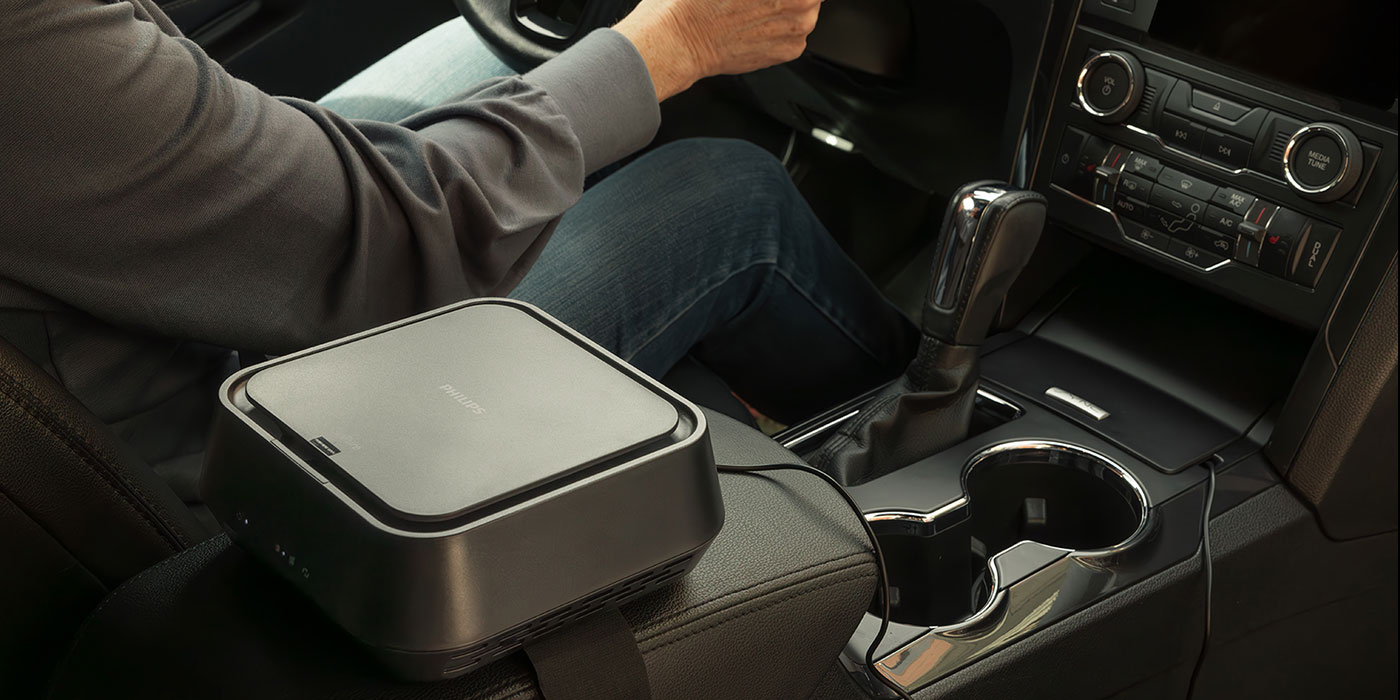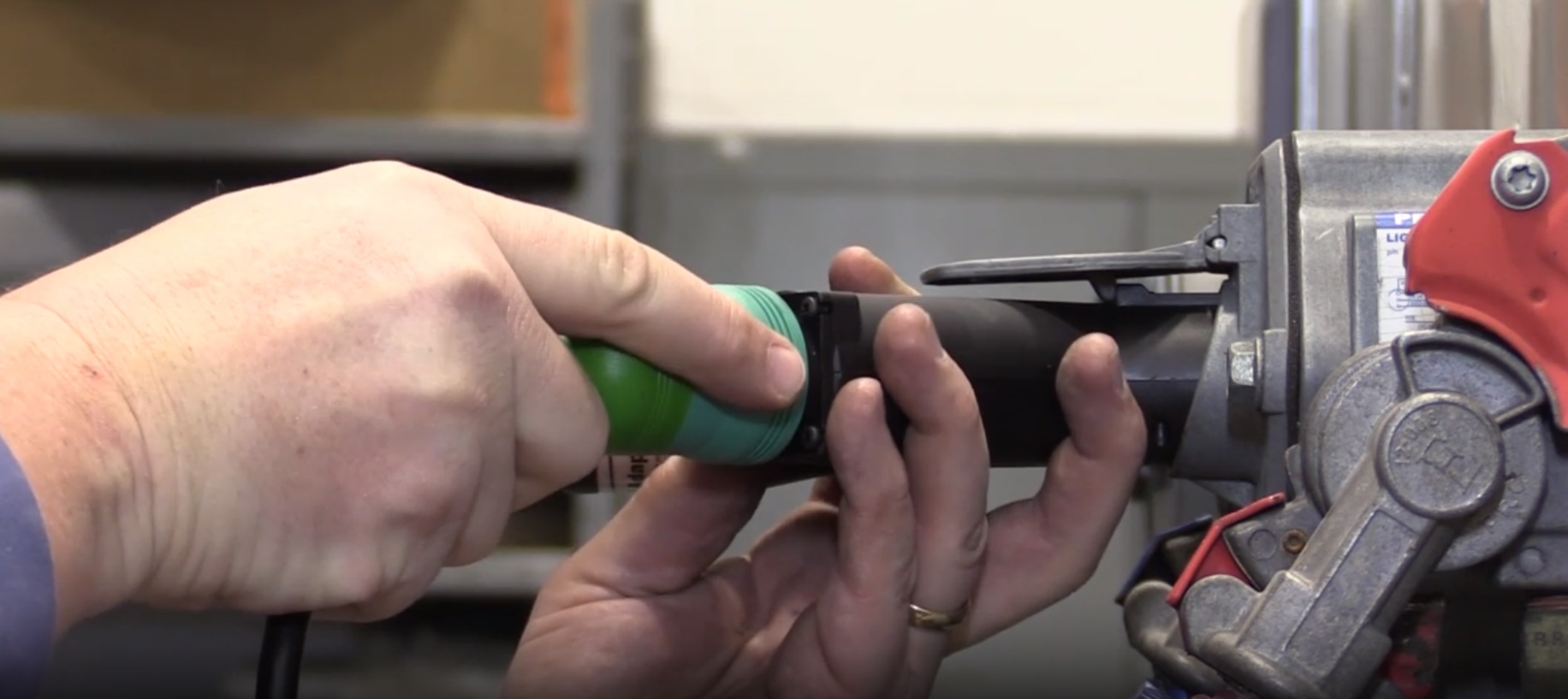 Electric cars – encompassing products ranging from traditional hybrids, plug-in hybrids and pure electric vehicles – have seen some impressive benchmarks come and go in recent years. The past two years (2013, 2014) each saw sales for this segment exceeding the half-million mark, and 2015 is on track for a repeat, according to a recent Harris Poll. As of the end of July, nearly 290,000 vehicles with a battery generating at least some of their momentum have been sold in the U.S., including nearly 120,000 plug-in models (whether pure electrics or plug-in hybrids).
Electric cars – encompassing products ranging from traditional hybrids, plug-in hybrids and pure electric vehicles – have seen some impressive benchmarks come and go in recent years. The past two years (2013, 2014) each saw sales for this segment exceeding the half-million mark, and 2015 is on track for a repeat, according to a recent Harris Poll. As of the end of July, nearly 290,000 vehicles with a battery generating at least some of their momentum have been sold in the U.S., including nearly 120,000 plug-in models (whether pure electrics or plug-in hybrids).
Yet, while that is indisputably a lot of vehicles, 2015 sales numbers to date still represent the same 3 percent of total U.S. vehicle sales seen in 2012, before some major players joined the charge. But what might lie ahead for the segment?
Just under half of American car owners (or anticipated owners) say they’d consider a traditional hybrid the next time they’re in the market for a new vehicle (48 percent, identical to 2013 findings); lower consideration levels were recorded for plug-in vehicles, whether they were hybrids (29 percent, up 2 percentage points) or pure electrics (21 percent, also up 2 points). An additional two in 10 would consider a diesel (19 percent, up 3 points), while 35 percent would consider a smaller or gas powered vehicle to save on operating costs (down 3 points).
These are among the findings from a Harris Poll of 2,225 U.S. adults (aged 18 and older) surveyed online from May 20-26.
Most of these vehicles appeal more to some groups than to others:
• Millennial drivers are more likely than their elder counterparts to consider a traditional hybrid, with 57 percent saying they’d consider one (vs. 49 percent of Gen Xers, 43 percent of Baby Boomers and 38 percent of Matures). This same trend holds true for plug-in hybrids (39 percent vs. 28 percent, 22 percent and 23 percent) and pure electrics (34 percent vs. 17 percent, 14 percent and 11 percent), as well as for diesel vehicles (27 percent vs. 16 percent, 17 percent and 9 percent).
• Men are more likely than women to consider an electric vehicle (25 percent men, 17 percent women) and more than twice as likely to indicate that they’d consider a diesel (28 percent men, 11 percent women).
• Distance drivers – those who travel more than 50 miles in an average day – are especially likely to say they’d consider a plug-in hybrid (38 percent, vs. 28 percent of those traveling 30 miles or less in a typical day), a pure electric (32 percent vs. 18 percent) or a diesel (28 percent vs. 17 percent).
• Democrats and Independents are more likely than Republicans to consider a traditional hybrid (53 percent Dem, 52 percent Ind and 42 percent Rep), a plug-in hybrid (34 percent, 32 percent and 20 percent) or a pure electric (26 percent, 25 percent and 10 percent).
Barriers for electric vehicle consideration
When asked to select their top concerns related to pure electric vehicles, price (67 percent) and range (64 percent) rise to the top, followed by repair/maintenance costs (58 percent), reliability (53 percent), performance/power (50 percent) and the fact that it’s still new technology (42 percent).
Price (73 percent Matures, 71 percent Baby Boomers, 63 percent each Gen Xers and Millennials) and range (75 percent, 75 percent, 58 percent and 52 percent) are especially strong concerns among older Americans.
American drivers’ top concern when considering a new vehicle – reliability, which 93 percent rate “very important” – is not among the top barriers standing in the way of electric car adoption, according to the poll results.
But money talks: in addition to being the top barrier to electric car adoption, purchase cost is the second most important consideration when looking at a new vehicle (with 81 percent considering it very important). Right now hybrids and electrics still come at a premium when shopped against otherwise comparable vehicles, but those comparative costs are slowly going down. Time will tell whether this might lead to stronger sales.
Full results of this study, including data tables, can be found here.


